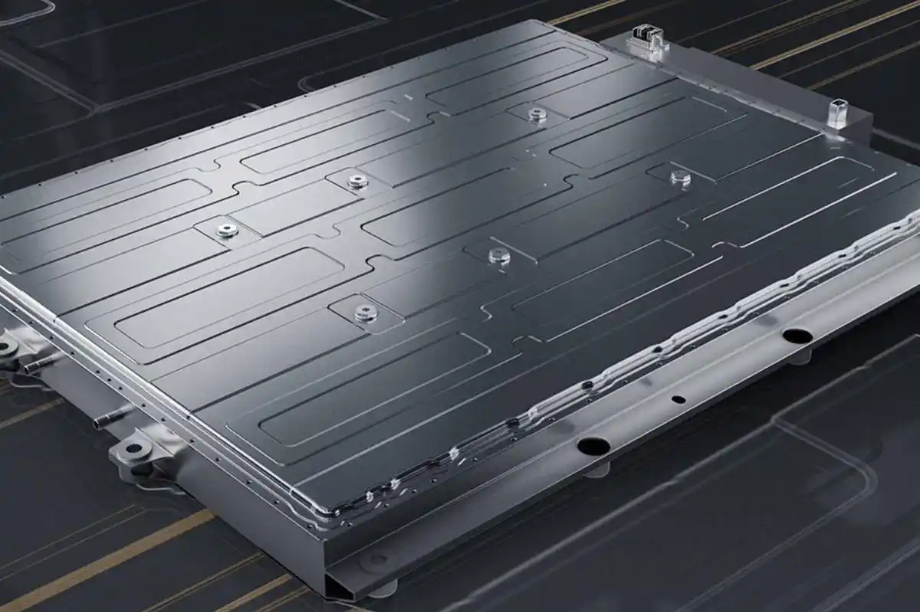New all-solid-state lithium-sulfur battery is launched
It is learned from Peking University that Pang Quanquan’s team from the School of Materials Science and Engineering of the university has developed a new glass phase sulfide solid electrolyte material, and used this material to develop an all-solid-state lithium-sulfur battery with excellent fast charging performance and ultra-long cycle life. This research provides a new set of technical solutions for the development of high specific energy, high safety and low-cost next-generation power batteries. On January 16, the relevant research results were published in the international academic journal Nature.
With the rapid development of the economy and society, the global demand for high specific energy and long-life batteries has become increasingly strong, and all-solid-state batteries have higher safety and specific energy, which is an important breakthrough direction in the field of future automotive power batteries. Among them, all-solid-state lithium-sulfur batteries have higher safety due to their high specific energy, less electrolyte side reactions, and no oxygen release when the battery is charged, which can meet the requirements of the future power battery market. However, at present, the rate performance and cycle life of all-solid-state lithium-sulfur batteries are poor. How to make such batteries achieve fast and stable all-solid-state sulfur conversion reactions is a common problem faced by scientists around the world.
“Fast charging performance and cycle life are important criteria for measuring all-solid-state batteries. The breakthrough of this research is that the new electrolyte developed is endowed with new functions in addition to the ion-conducting function itself. Through the chemical and structural design of the electrolyte, our team introduced iodine elements with redox activity, thereby activating the two-phase interface reaction that is difficult to carry out in traditional batteries, and realizing a fast solid-solid sulfur reaction from the bottom.” Pang Quanquan told reporters, “This has transformed the electrolyte charging side reaction that everyone has been worried about into a mediated reaction that is beneficial to redox through material and chemical mechanism design. This is like the future intelligent self-driving car, which not only saves the fatigue of long-distance driving, but also allows rest in the car while realizing the basic function of transportation.”
“This also makes the battery achieve a breakthrough in fast charging performance. Compared with the existing lithium-ion battery’s hour-level charging capacity and thousand-cycle life, the all-solid-state lithium-sulfur battery is expected to achieve minute-level fast charging and ten thousand-cycle charging.” Pang Quanquan said that the new materials and new mechanisms discovered by the institute are of great significance for expanding the performance boundaries of all-solid-state batteries, and also bring new development opportunities for all-solid-state lithium-sulfur battery technology. This achievement will have a profound impact on many fields including next-generation automotive power batteries, low-altitude flight power, and high-end electronic batteries.
